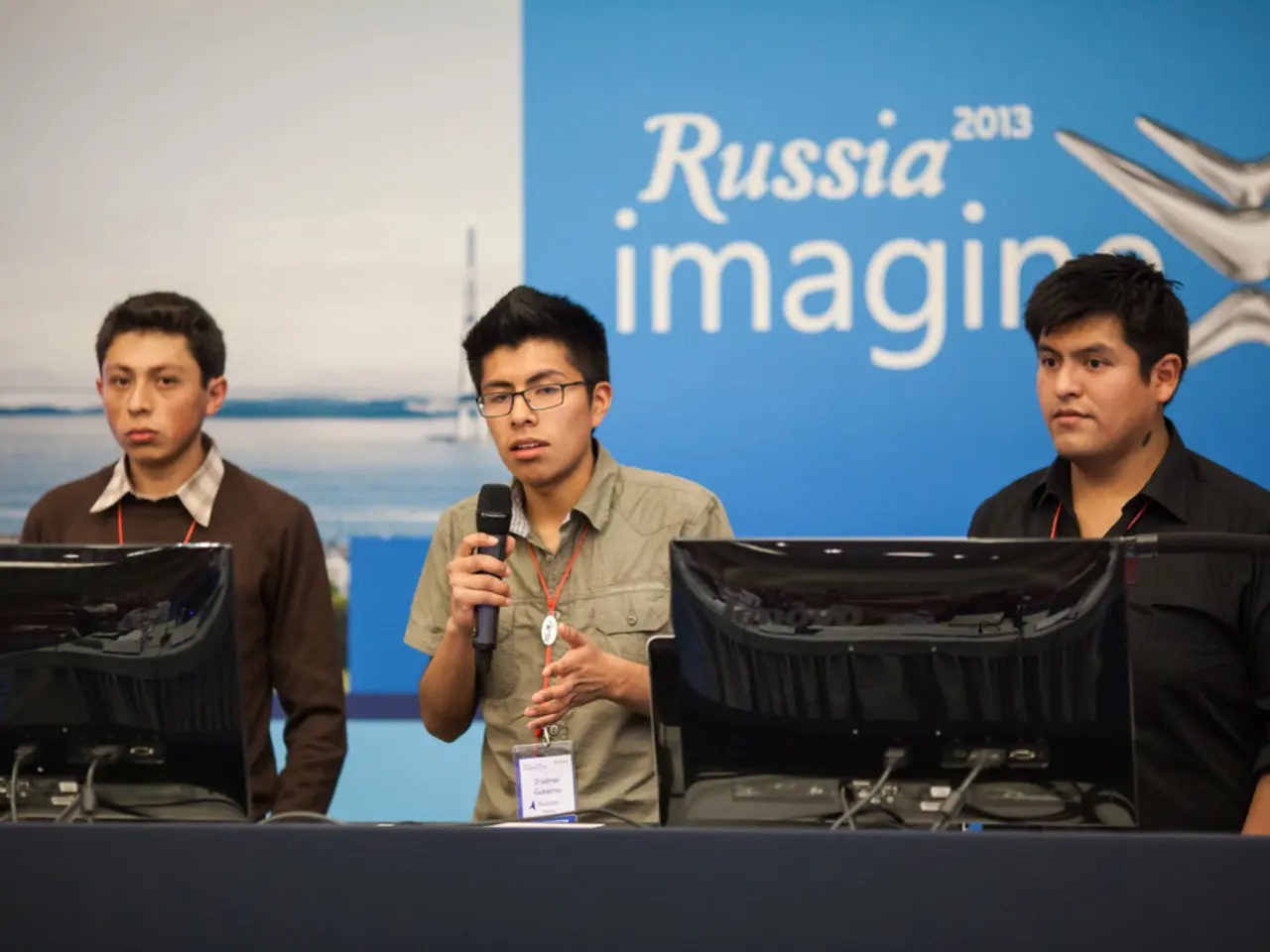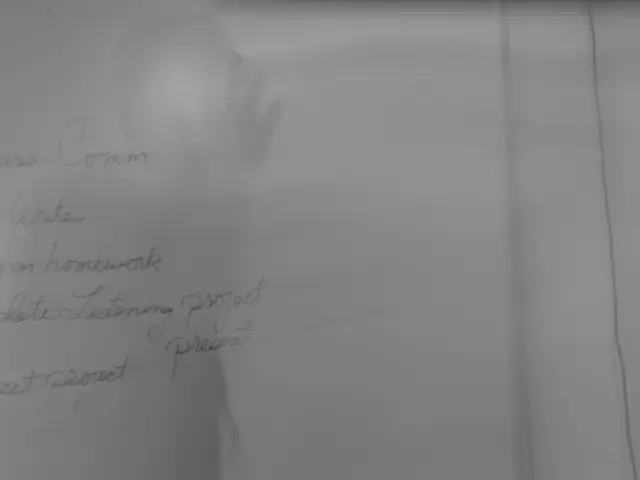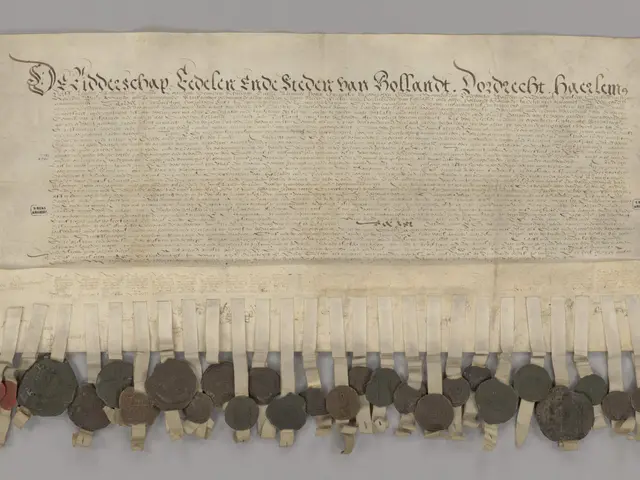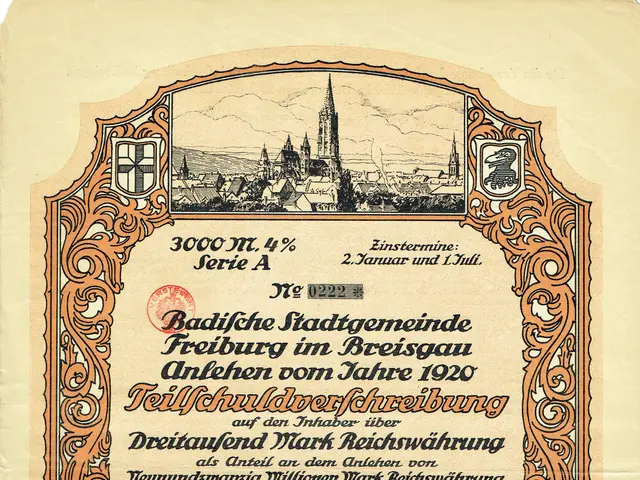Russian natural gas imports under threat as EU considers prohibition of LNG imports from 2027
The European Union (EU) is preparing to tighten its sanctions against Russia in response to the ongoing conflict in Ukraine. The proposed measures, which are expected to be challenging due to opposition from some member states, aim to further limit Russia's revenue from fossil fuel sales.
In the first half of 2025, the EU imported liquefied natural gas (LNG) from Russia worth almost 4.5 billion euros. More than half of the gas imported by the EU comes as LNG, with the majority of it arriving via the pipeline TurkStream. However, the EU Commission has proposed a full import ban on LNG from Russia, with the ban now set to come into effect as early as the beginning of 2027, one year earlier than initially planned. A full import ban on oil from Russia is also planned by the end of 2027.
The EU Commission's proposals include listing more than 100 ships as part of the Russian shadow fleet, which are used to circumvent energy sanctions. These ships will no longer be allowed to dock in EU states' ports or be insured, financed, or equipped by European companies. Stricter action against the use of cryptocurrencies, which can be used to circumvent existing sanctions, is also planned.
Representatives of EU member states will discuss the sanctions proposals over the next few days. Countries like Germany and France, along with Nordic and Eastern European nations, have advocated for a robust new sanctions package. The EU has already imposed import bans on Russian energy carriers such as coal and oil, but gas sanctions have not yet been imposed due to dependencies.
The proposed sanctions would affect around 560 ships in total. There will also be new export bans for goods and services that can be used by the Russia defense industry or strengthen Russian industrial capacities. This includes certain chemicals and building materials or services in the field of artificial intelligence. There are also plans for trade restrictions against further companies from countries such as China and India.
In addition, the EU Commission aims to deny further banks from Russia and friendly countries access to EU capital markets. The proposed sanctions also target China for assisting Russia through financial institutions and energy purchases.
The EU's decision to impose sanctions must be made unanimously, except for the energy import ban, which could be adopted by a majority vote. The EU Commission's aim is to gradually phase out and completely end the import of Russian gas by the end of 2027.
The sanctions are part of the EU's efforts to put pressure on Russia to cease its support for the war in Ukraine. It is widely believed that Russia finances the war in Ukraine through revenues from the sale of fossil fuels. The EU's actions are also supported by the USA, which has urged EU member states to adopt a robust new round of sanctions against Russia, including the 19th sanctions package targeting Russian LNG imports, cryptocurrency platforms, and Russian state bank funds.
The EU's proposed sanctions against Russia are a significant step towards limiting Russia's ability to fund its military operations in Ukraine and putting an end to the conflict. The discussions on the sanctions package are expected to continue over the coming days, with the final decision likely to be made in the near future.
Read also:
- Trump administration faces lawsuit by Denmark's Ørsted over halted wind farm project
- U.S. takes a pledge of $75 million to foster Ukrainian resources development
- Political Rivalry: Comparison of Labour and Conservative Parties' Policies and Their Current Standings in Polls
- Impact of Trump's Enforced Russia Sanctions Could Compel Putin's Decision-Making








